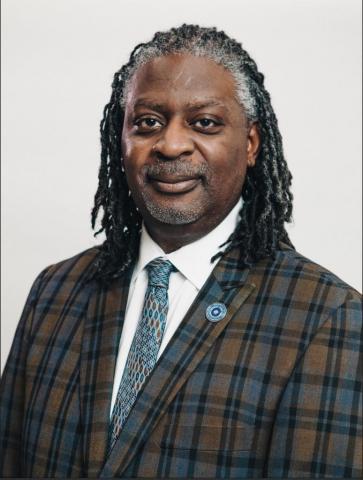
Bertin M. Louis, Jr. (Ber-tin Em Lou-ee, Junior)
Professor
Contact Information
bertin.louis@uky.edu
102A Lafferty Hall (Anthropology)
(859)-257-4654
Research Interests
- Africana Studies
- cultural anthropology
- race and racism
- African Diaspora
- Religion
- Human Rights
- Statelessness
- migration
- Haiti
- Haitian Studies
- Haitian Protestantism
- antiracist movements
- The Bahamas
- Diversity
- Equity and Inclusion
- Anti-Haitianism
Affiliations
- Anthropology
- African American and Africana Studies
- Latin American, Caribbean, and Latino Studies
- Commonwealth Institute for Black Studies
- Association of Black Anthropologists (ABA)
- American Anthropological Association (AAA)
